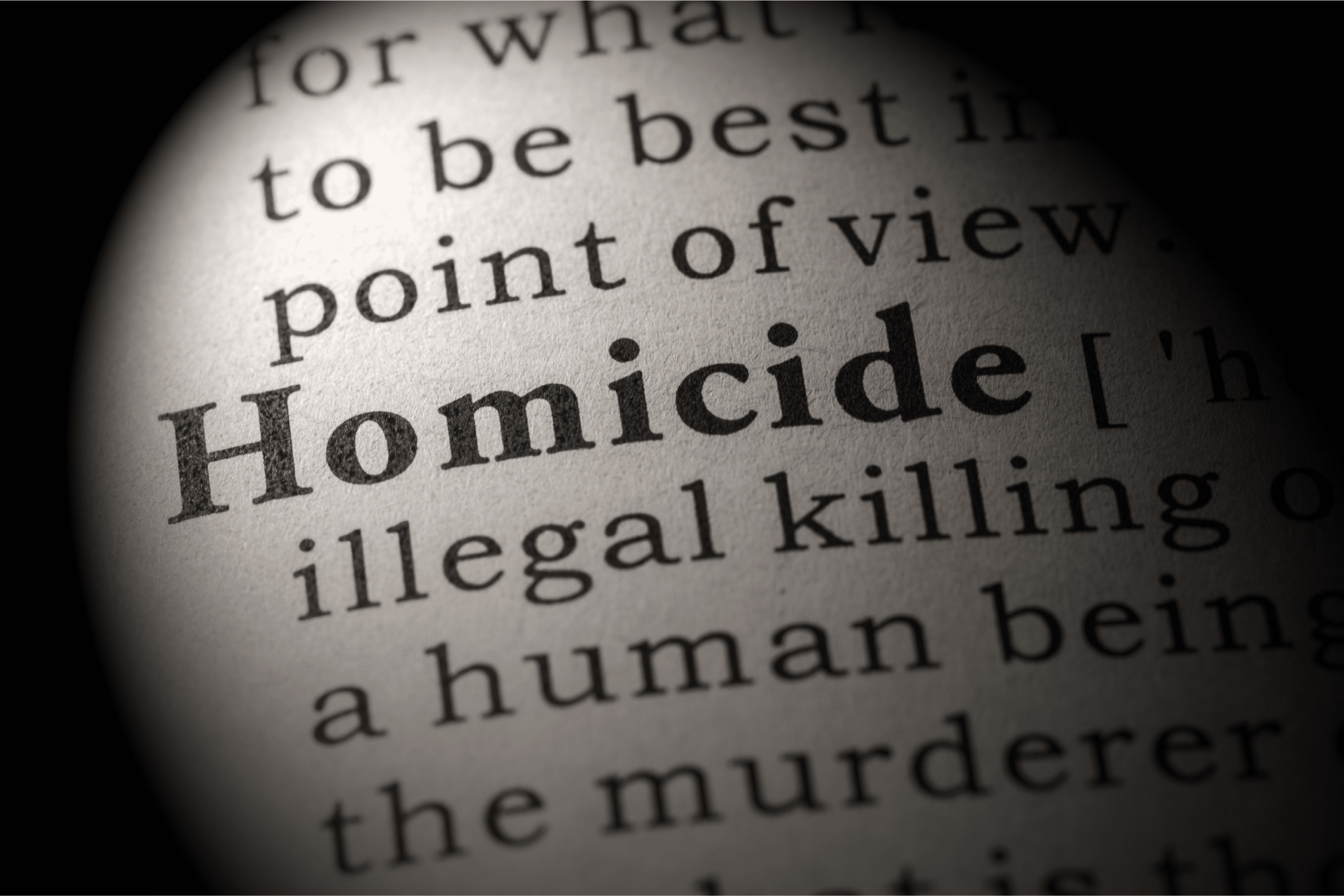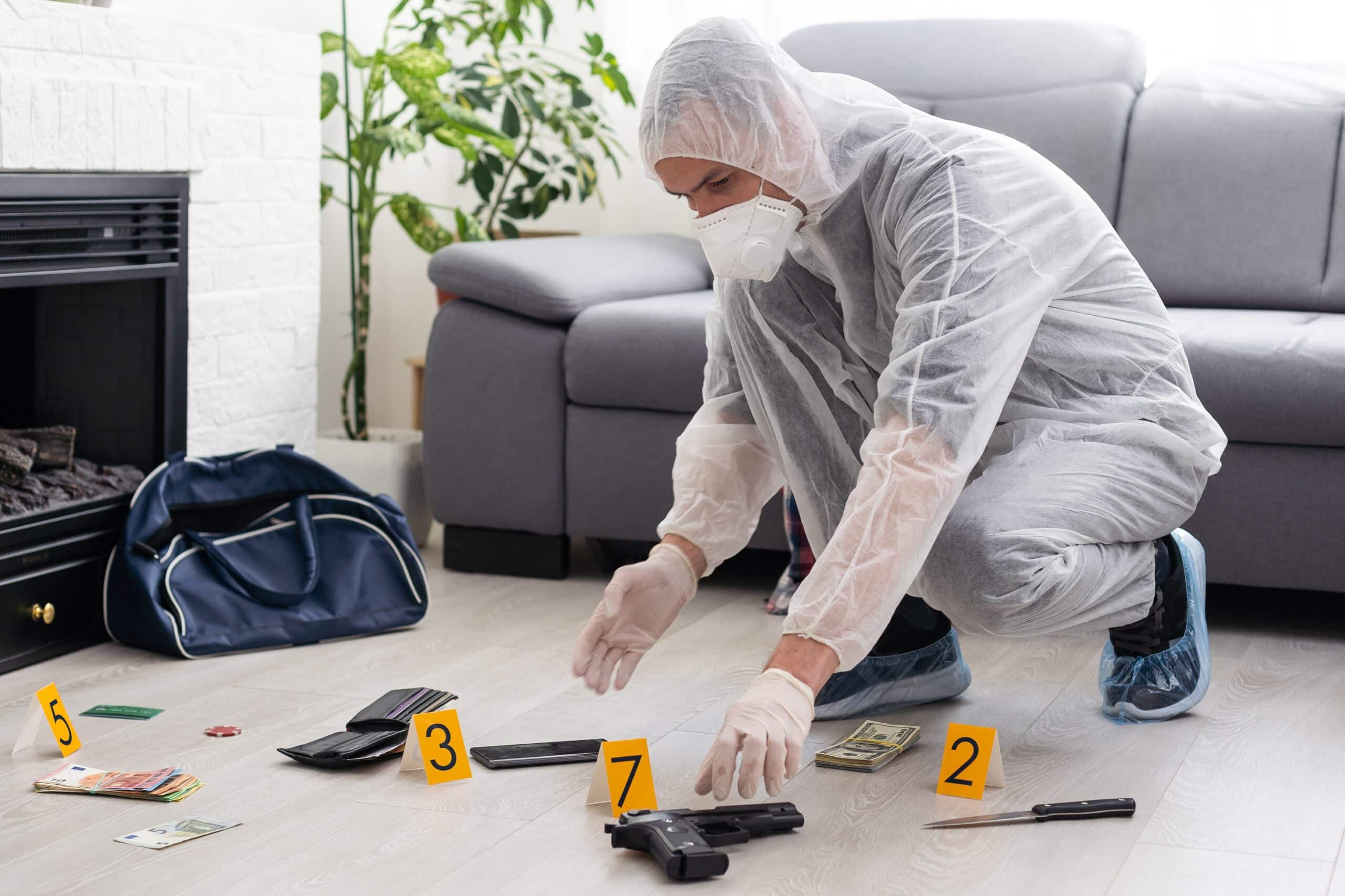Wrongful homicide convictions are a tragic and complex aspect of the criminal justice system. In Minnesota, cases of individuals being wrongfully convicted of homicide have raised serious concerns about the accuracy and fairness of the legal process.
This blog aims to delve into the reasons behind wrongful convictions, their frequency, and the crucial steps individuals can take when faced with such a situation.
Understanding Wrongful Convictions
Wrongful homicide convictions occur when an innocent person is found guilty of committing a homicide they did not commit. Various factors contribute to these miscarriages of justice, including eyewitness misidentification, flawed forensic evidence, coerced confessions, and inadequate legal representation.
Frequency of Wrongful Convictions
While it is challenging to determine the exact number of wrongful convictions, studies suggest that they happen more frequently than one might expect.
The Innocence Project, a non-profit organization dedicated to exonerating wrongfully convicted individuals, reports that approximately 70% of wrongful convictions involve eyewitness misidentification. In Minnesota, cases of wrongful homicide convictions have highlighted the need for a closer examination of the factors contributing to these errors.
The Anatomy of Wrongful Convictions
Cases of wrongful convictions often share common threads. Inadequate legal representation, faulty forensic evidence, and tunnel vision by law enforcement and prosecutors are frequent contributors.
Wrongful homicide convictions can stem from rushed investigations, reliance on unreliable informants, and confirmation bias, where authorities focus on a suspect early in the investigation and ignore evidence that may point elsewhere.
Reforming the Legal System
Beyond individual cases, the prevalence of wrongful homicide convictions in Minnesota highlights the need for broader legal reforms. Advocacy groups and legal experts in the state have been pushing for systemic changes to address the root causes of wrongful convictions.
This includes improved training for law enforcement on evidence collection and unbiased investigations, as well as revisiting the use of specific forensic techniques. Additionally, efforts to enhance the reliability of eyewitness identifications and ensure the availability of legal resources for indigent defendants can contribute to a more equitable criminal justice system.
By addressing these systemic issues, Minnesota can work towards minimizing the occurrence of wrongful homicide convictions and fostering public trust in the legal process.
Consulting with a Defense Attorney
For individuals who believe they have been wrongfully convicted of homicide, consulting with an experienced criminal defense attorney is a crucial step. Defense attorneys play a pivotal role in uncovering new evidence and challenging the prosecution’s case.
In Minnesota, legal experts specializing in criminal defense can guide individuals through the complexities of the legal process and explore avenues for appealing a conviction.
Steps to Uncover New Evidence
Defense attorneys working on wrongful conviction cases in Minnesota employ various strategies to uncover new evidence. This may involve reexamining forensic evidence, questioning the reliability of eyewitness accounts, and exploring potential misconduct or errors committed during the investigation and trial.
Modern technology, such as DNA testing, has played a significant role in exonerating wrongfully convicted individuals.
Building a Strong Defense
The importance of building a solid defense cannot be overstated when facing a wrongful homicide conviction. Experienced criminal defense lawyers in Minnesota understand the intricacies of the legal system and can identify weaknesses in the prosecution’s case.
From challenging evidence to presenting alternative theories, a robust defense strategy is essential in pursuing justice for those wrongfully convicted.
Overturning Wrongful Homicide Convictions
Wrongful homicide convictions are a sobering reminder of the imperfections within the criminal justice system. In Minnesota, individuals facing such convictions have options to explore, including consulting with a defense attorney, uncovering new evidence, and building a solid defense.
As society strives for a fair and just legal system, addressing the root causes of wrongful convictions becomes imperative to prevent further miscarriages of justice.
About the Author:
Christopher Keyser is an AV-Preeminent rated criminal and DWI defense attorney based in Minneapolis who is known for fighting aggressively for his clients and utilizing innovative tactics to get the most positive results. He has been featured in numerous media outlets due to the breadth and depth of his knowledge and has been named a Certified Specialist in Criminal Law by the Minnesota Bar Association. Mr. Keyser is Lead Counsel rated, and he has received recognition for his criminal law work from Avvo, Expertise, and Super Lawyers.







